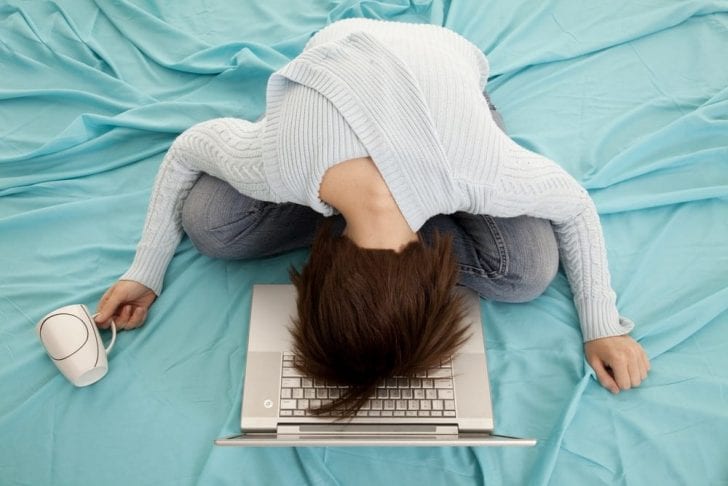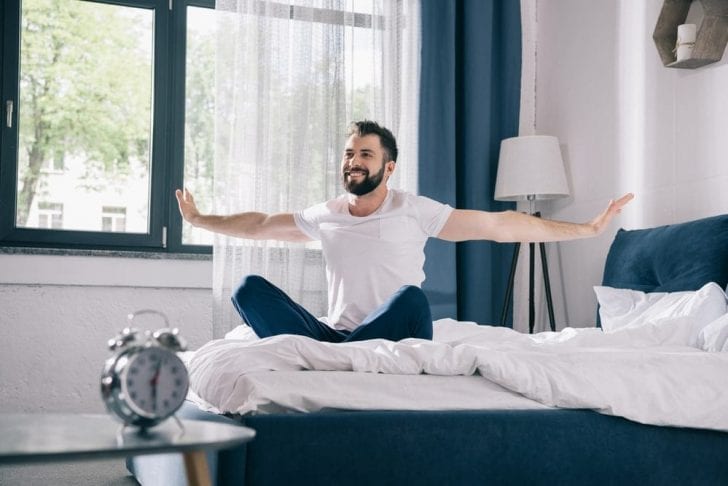Can you remember the last time you felt relaxed enough to squeeze a nap into your routine? You might nap pretty often but, do you try to keep those peaceful moments reserved strictly to rainy days? Or, are you one of those people who think napping and adulthood just don’t go together?
While many European countries, such as Spain and Italy, consider napping as an integral part of their culture, the same sentiments don’t hold true for their neighbor across the Atlantic. In America, nap time tends to expire right after one is out of primary school, only to return during retirement age.

Believe it or not, napping is a necessary form of activism through all age groups. If you don’t have a vital napping routine but, are intrigued by the benefits of taking a break, we’re here to convince you to start penciling in those extra special minutes of cutting back and relaxing into your daily routine.
Ready? Here we go.
This is why napping can be extremely beneficial;
According to studies by SELF, the average adult requires about 7 to 9 hours of sleep each night for their physical and mental well-being. However, the fly in the ointment is that about 70 million Americans struggle with sleep problems like sleep apnea and insomnia, as reported by the Centers for Disease Control and Prevention.

While you can’t substitute naps for nocturnal sleep, studies have proved that taking naps can improve your alertness, productivity, and performance. The longer you tend to stay awake, the more your cognitive abilities and memory continue to deteriorate, which is why squeezing a nap into your routine will sort of act as a refresh button.
The trick, however, is that you do not want your nap to affect your ability to sleep soundly at night, therefore, you must find the perfect balance: take a short nap (ideally for 30 minutes) at an earlier part of the day (ideally before 3 pm).
This is how you can take productive naps;
- Take short naps- Before taking your nap, make sure you have an alarm set for the following 30 minutes because according to Mayo Clinic, longer naps will make you groggy after you wake up, rendering your nap time futile as you won’t feel energized or recharged. However, if you are habitual of working long hours or overnight shifts, it is recommended that you nap for 1.5 hours.
- Look for a dark and quiet place- Research suggests that light and sound disrupts peaceful sleep so, consider grabbing your eye mask and earplugs for those 30 minutes in heaven. Why risk getting disturbed mid-sleep, right?
- Wake yourself up with an energizer- You shouldn’t need this if you take short naps, but after a comparatively longer nap, you’d need something to bring you back to normal life- so, go ahead and splash some water on your face or, step into a brightly lit space to get that cognitive machinery up and running.
- Try having caffeine before your nap- This might sound counterproductive, but research suggests that caffeine takes 30 minutes to take full effect so, having a cup of coffee or soda right before nap-time should coincide well with the 30-minute-nap protocol.

Most importantly, you must enjoy your nap.
With the hustle-bustle of today’s life, it often becomes very difficult to allow yourself some time for self-care. It is easy to shrug off the necessity of personal care practices by saying you don’t have the time, or that you don’t deserve them. However, believe that squeezing in little practices as such throughout your busy day will make you feel so much better about yourself, and will help you be more healthy and productive.
